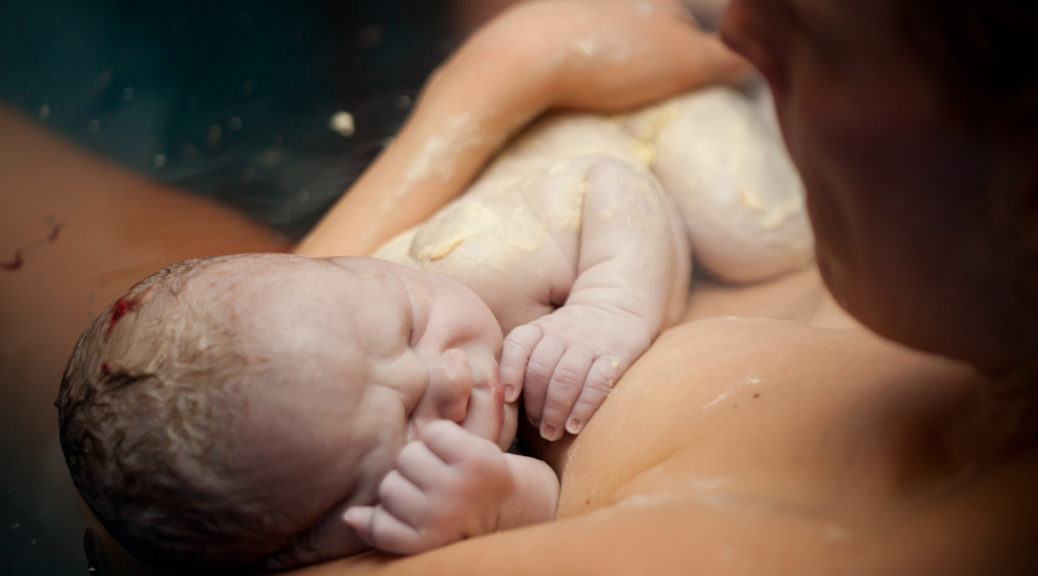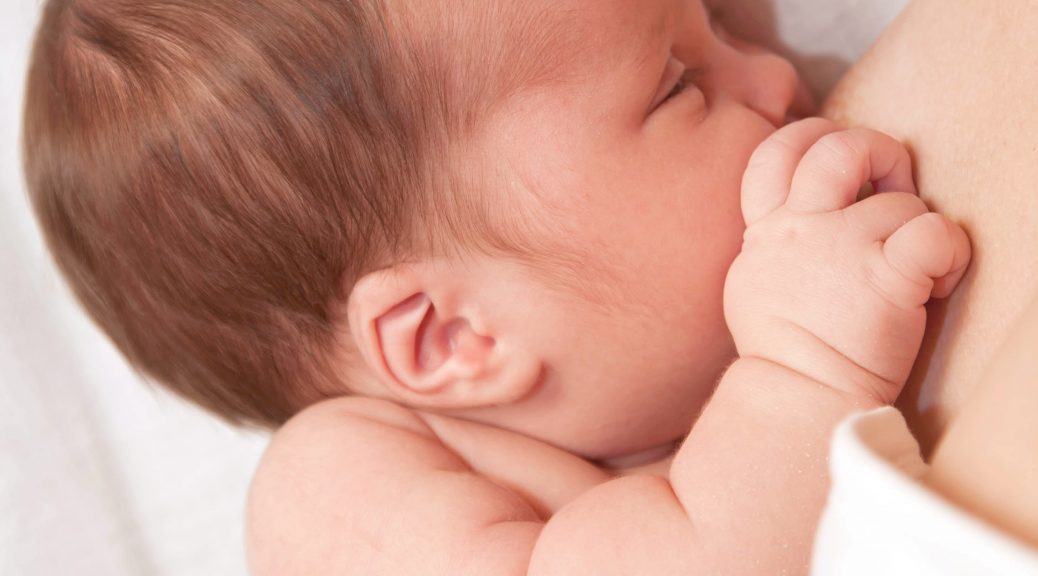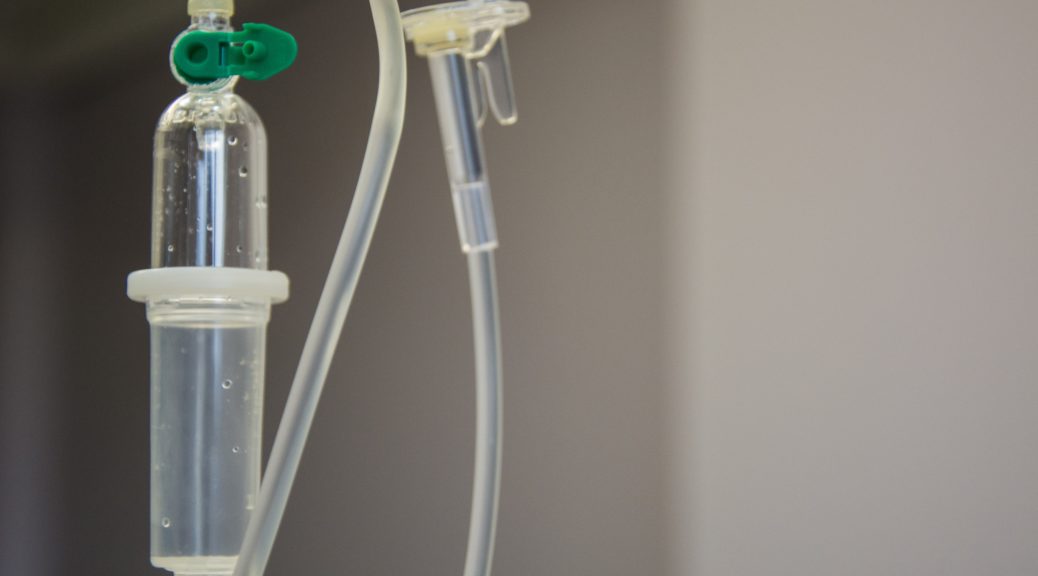Ethics in Research
Research ethics during the first half of the last century, particularly in pregnant women and in the postpartum period, was abusive and immoral. A paper published in 1948 studying the milk ejection reflex is a good example of this (1). In this study, a series of immoral procedures were performed on a 25-year-old woman while she was breastfeeding her daughter to assess whether pain, stress, or distraction could influence the milk ejection reflex. Three procedures, which they called distraction, were…









